It seems that everyone is fizzing about the wonders of kombucha, and if you haven’t already tasted it or experienced the benefits of this fermented sweetened tea, you may be wondering what all the fuss is about! We’ve popped together some basic info about this fashionable yet functional fizzy drink below, and then we chat to a kombucha expert, René Ashton who provides further expert insight. As the founder of one of New Zealand’s most premium and authentic kombucha drinks, he really knows his stuff!
Firstly, despite the recent surge in kombucha’s popularity, it’s interesting to note that kombucha has actually been brewed and enjoyed for over 2000 years! It originated in China and Japan and was consumed as a daily health tonic and natural remedy. Kombucha has been in the spotlight again more recently thanks mostly to the surge of interest in natural health, and in particular, the increase in research showing the importance of optimal gut health to good health.
So, what is kombucha, or ‘’booch’ as it’s often affectionately referred to by health enthusiasts? Kombucha is a fermented drink made from either green or black tea, sugar, bacteria and yeast. The bacteria and yeast component is called the SCOBY (a fermenting culture that is made from previous batches that stands for ‘Symbiotic Colony Of Bacteria and Yeast) and is a crucial component in the fermentation process that results in the creation of kombucha’s unique beneficial properties. The SCOBY looks a bit like a floating mushroom and as you may expect from a collection of live bacteria, it’s not particularly attractive. However, don’t let that put you off, as the end result is in fact, very attractive in many ways!
During fermentation, the bacteria and yeast feed on the sugar and create carbon dioxide (hence the natural fizz in kombucha), acetic acid and ethanol. The tea is fermented between 1 – 3 weeks and during this process and it leaves a trace amount of alcohol, which then serves as a natural preservative. The acetic acid is what gives kombucha its distinctive tangy or some may say, even slightly vinegary taste (the final flavour is actually very pleasant to most!). The resulting brewed and naturally fermented beverage then naturally contains a large number of beneficial bacteria (probiotics), active enzymes, organic acids and antioxidants.
If you want a healthier alternative to sweet sodas or alcohol this summer, consider trying an effervescent kombucha for a feel-good probiotic punch!

Q&A with René Archer, of René’s Kombucha
What inspired you to first start making kombucha yourself?
My wife’s antibiotic treatment for blood poisoning after a white tail spider bite in 2008. At that point I started making all kinds of pro-biotic foods for our own use: Sauerkraut, Kim Chi, Caspian Sea Yoghurt, Kefir (milk and water), Kombucha, sourdough bread etc.
Should people be concerned about the sugar content of kombucha, considering it is an essential ingredient in the brewing process?
I think, in general, being concerned about sugar content in food and beverages is wise. Why start with Kombucha though? – when fruit juices, sodas, cookies, cakes, cereals, bread etc. have much higher sugar contents.
Our Kombucha has 3.2g of sugar per 100ml at bottling. Ours is a truly live, non-altered drink (no excessive filtration, pasteurisation, dilution or carbonation) with the complete range of cultures present in each bottle. You will find a mini SCOBY in every one of our bottles. That means, the sugar content will drop slightly over time, as the fizz develops.
Yes, there are very low-sugar drinks, sold as ‘Kombucha’ out there. These beverages usually originate from big industrial outlets that do a lot to alter the traditional brewing process so they can squeeze out extremely long shelf lives. You can easily distinguish these products by their long ingredient lists. All of them use some kind of artificial sweetening agents (stevia glycoside and eurithritol), a citrus juice to down regulate the pH, some kind of flavour-boosting concentrate and are artificially carbonated.
At regular tastings, we do at our retail outlets, we often receive comments from customers – that they like the fact, that our Kombucha is less sweet than the ones they’ve tried elsewhere.
A true and pure Kombucha, in our understanding, is made from a variety of teas, preferably organic sugar and the Kombucha culture and mother liquid. Some companies add fruit and spices to their brew after the first fermentation.
Click here for more information on the topic of industrial brewing.
What was the catalyst moment when you realised that your kombucha was worth selling commercially?
Teaching a Cultured Foods class in 2011 at the Wise Cicada Cafe in Newmarket. Brewing a traditional Kombucha was part of the class curriculum. People loved it and asked if they could buy it. I was taken by surprise by that request, as I had just taught the same people how to brew their own Kombucha. Sure enough we soon had some regular private customers enjoying our Kombucha.
After several months of trialing the viability of this endeavour, we created René’s Kombucha in March 2013. The rest is history 😉
We still believe in the importance of preparing your own food and even brewing your own Kombucha. For that purpose we are selling our unique René’s Kombucha Starter Kits at most organic retail stores in New Zealand.
Why do you think kombucha has become so popular in NZ?
I feel people in general are waking up to the fact that they have been misinformed about a healthy diet and lifestyle for decades. They are looking more for traditional foods and beverages. This trend can be observed across the board from artisan cheese and bread to craft beer and wine.
Kombucha was a bit of a late comer in this growing demand for natural and traditional foods. We started offering our brew in retail outlets across New Zealand in March 2013. At that time, only one other company provided a quality Kombucha.
Currently, there are approximately 40 Kombucha Brewing businesses in NZ.
Also, some big players from across the Tasman Sea have swamped the NZ market with their cheap kombucha-inspired soft drinks (see above).
What sets René’s Kombucha apart from other kombuchas on the market in NZ?
Our company was one of the first Kombucha manufacturers in New Zealand, starting our commercial endeavour in March 2013.
We are family owned and operated in Maungaturoto, Northland, NZ. Our home and production facility is located on 20 acres of organically managed farmland with old growth native bush, by the Kaiwaka River.
We are organic certified – with Organic Farm NZ. It humours me when some brands state, that they will: “…use organic organic ingredients, whenever possible.” We have made the decision to operate with integrity and transparency.
Our company and products carry the legacy of traditionally brewed beverages, so our grandchildren can feel what true Nourishment tastes and feels like.
We care about our customers and their families wellbeing, hence the quality of our product:
- NO short cuts or tricks in our production.
- We serve value conscious customers, stores and hospitality businesses with our product, people who appreciate good quality.
- We only produce single-fermented brews, that are bottle aged. No concentrates, excessive filtration, dilution, sweeteners, flavourings, or artificial carbonation is used in the making of René’s Kombucha.
There is some general debate as to whether kombucha is OK to consume during pregnancy. What are your thoughts on this?
My wife is a practicing midwife. She loves our Kombucha and so do many of her clients.
I would guess, that if you drank and tolerated Kombucha before getting pregnant and your body doesn’t react negatively to it while pregnant, it might be fine.
Listen to your body! Trust your female intuition. Don’t consume food or beverages that don’t make you feel great – pregnant or not.
All traditionally brewed Kombucha has a certain sugar content (usually between 2-4g/100ml). Some people may have allergic reactions to teas, spices and fruit. To be fully safe, check with your Health Professional if you have any health conditions.
On a Midwife note: Our Guarana Açai flavour was developed to keep my wife going during regular 12 hour night shifts at Northshore Hospital Maternity. My wife does not tolerate coffee at all, this Kombucha provides her with a more gentle stimulation, when needed. She advises against this flavour during pregnancy though, due to its caffeine content.
What are some health improvements that you hear about from your customers who regularly consume your product?
My wife and many of our regular customers swear by it for any digestive upset, bloating or indigestion – especially our Turmeric & Ginseng flavour.
Acid reflux/heart burn seems to be another condition positively affected – at least for one of our regular customers. See below!
René’s Kombucha is the Real Deal!
“We have been stocking René’s Kombucha since July 2014. It has been selling steadily ever since. I can confidently say, among our regular customers we have a solid fan base for this product.
The customer service from René and his team is excellent. It is easy to communicate with them. René and his friendly team have organised and run several in-store tastings at our store over the past months with excellent feedback from our customers.
Since we took René’s Kombucha into our range several other manufacturers have entered the market. We actually stock two of them alongside René’s.
I personally have tried most of the Kombucha products on the market. For years I had been plagued with indigestion and reflux problems. No other Kombucha has been as effective as René’s in eliminating my gut health issues. I am drinking it regularly and am trouble-free without any medication.
I strongly endorse René’s Kombucha for the high quality artisan product it is.”
Nathan Imlach
Owner and Operator
Raeward Fresh Queenstown
Why did you specifically choose tulsi/holy basil to be in all of your brews?
We love tulsi for its gentle floral flavour. We find, it gives our Kombucha a unique flavour.
Additionally, Tulsi has been used for eons in Ayurvedic medicine, as stated by Marc Maurice Cohen in his October 2014 paper: Tulsi – Ocimum sanctum: A herb for all reasons:
“Within Ayurveda, tulsi is known as “The Incomparable One,” “Mother Medicine of Nature” and “The Queen of Herbs,” and is revered as an “elixir of life” that is without equal for both its medicinal and spiritual properties.[3] Within India, tulsi has been adopted into spiritual rituals and lifestyle practices that provide a vast array of health benefits that are just beginning to be confirmed by modern science. This emerging science on tulsi, which reinforces ancient Ayurvedic wisdom, suggests that tulsi is a tonic for the body, mind and spirit that offers solutions to many modern day health problems.”
Here is the link to this very worthwhile read.
Why do you choose green tea over black tea for your kombucha?
I personally dislike the taste of black tea in Kombucha. Some black tea Kombucha reminds me of ‘gumboot tea’ that has received an overdose of Apple Cider Vinegar.
We found that using a high-quality organic green tea will not only yield a more pleasant flavour, but also eliminates the overbearing bitter tannins from black tea.
Be aware of huge quality differences in green tea though!
Our colleague Jo at Wabio Kombucha in Christchurch has mastered the art of Kombucha brewing from supreme quality green tea only! Here is a brilliant STUFF.CO.NZ article about his business and the general Kombucha market situation in NZ.
Who do you think can most benefit from introducing kombucha into their diets?
Pretty much anybody who would like to introduce a wider variety of natural foods and beverages into their diet. Kombucha on its own will, highly likely not turn your life and digestion around.
A good variety of pro-biotic foods like sauerkraut, natural yoghurt, raw cheeses, kefir, sourdough breads, dry aged salami etc. AND Kombucha, might be a more wholistic approach to improving your gut flora.
If you have any digestive issues, try small amounts first and always check with your family GP, if you are uncertain.






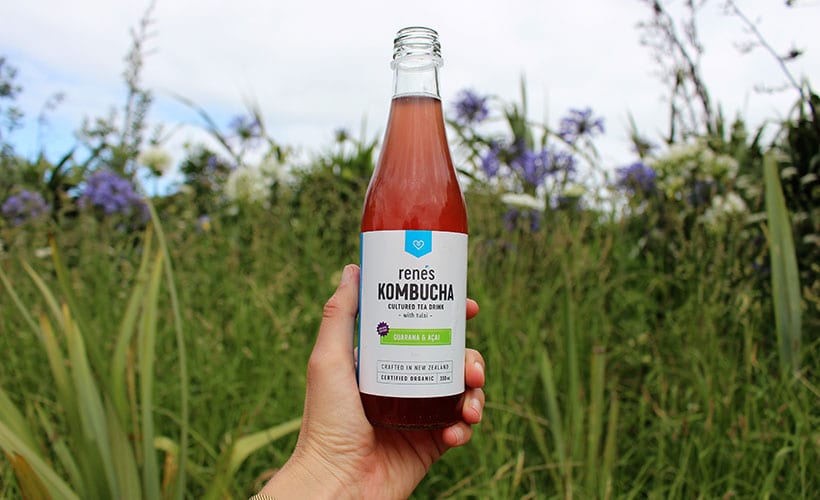


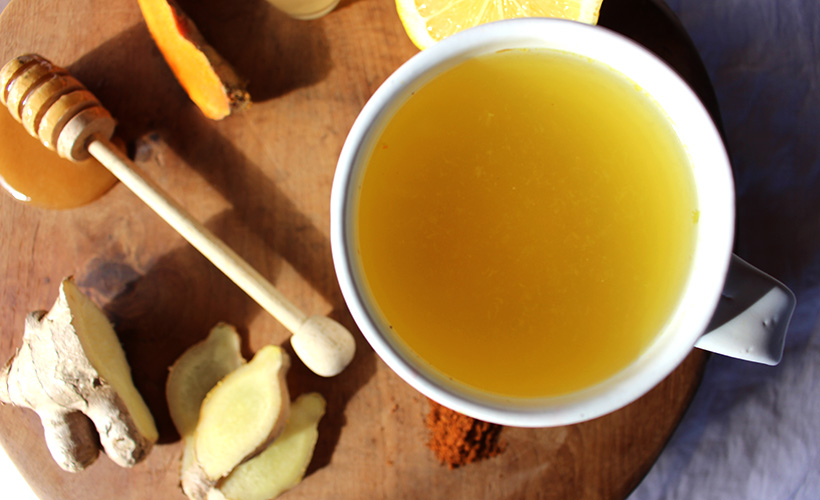

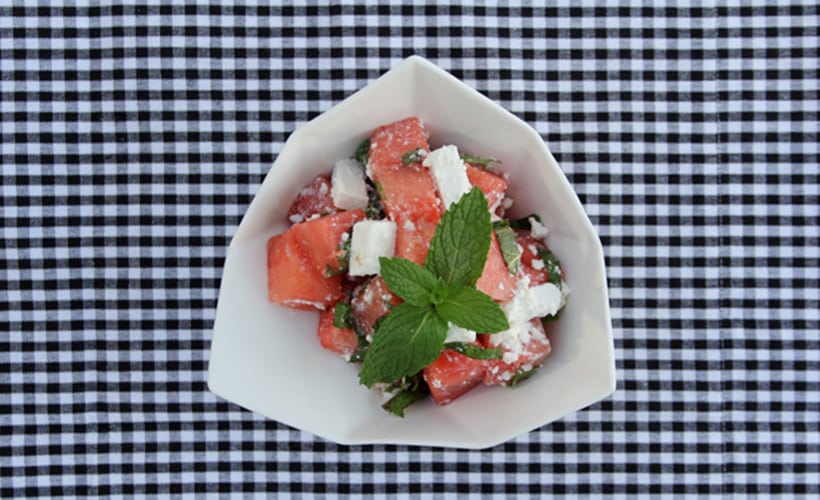
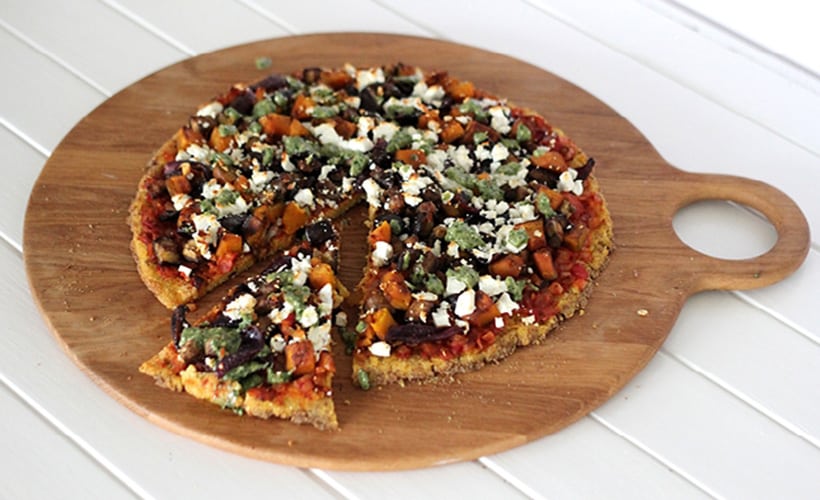


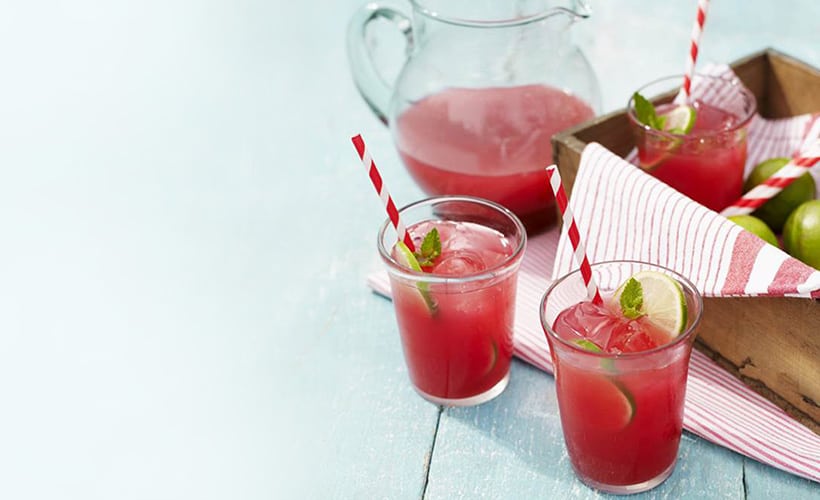


Community